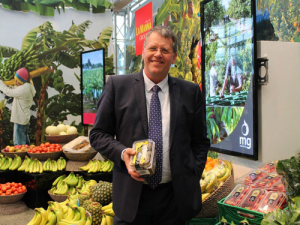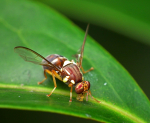Tar and concrete could spell the end of New Zealand growing leafy green vegetables such as lettuce and spinach if house building persists on productive land near urban areas.
Horticulture NZ chair Julian Raine says leafy green crops need good soil and a frost-free climate, without which NZ may have to start importing such vegetables.
He says housing’s competing for land means Kiwis must think more about where we build houses and grow food; the two must get on together.
“We need to work out what the design of our cities should be to allow for food production and housing. The reason cities are where they are goes back in history: people could grow food where they lived, a key thing we have kind-of forgotten,” Raine told Rural News.
“Urban sprawl out into the productive area around a town makes it a problem for future populations, so we are raising it with MPI, the government and councils.”
More houses built on high-quality, productive soils mean less land for food production, he says.
NZ in total uses 120,000ha for horticulture – no more than 1% of the land mass, “less than one eighth of the Canterbury Plains”.
“All our apples, kiwifruit, other fruit and vegetables are grown on a very small area. Constantly putting concrete and tarseal on these areas will force us to import produce and grow less and the consumer will face higher prices.”
Raine notes that prices this season for vegetables have been higher because of the wet. Crop yields are down so prices have risen.
Consumers want high quality, healthy, affordable fruit and vegetables, but they won’t get them unless the issue of land use is resolved.
Horticulture foresees a bright export future, Raine says.
“We are exporting large volumes of apples and kiwifruit: apples are heading for a billion dollar industry and kiwifruit four billion. Then we have cherries, avocados, onions, squash and potatoes becoming more important in value and volume.”



















